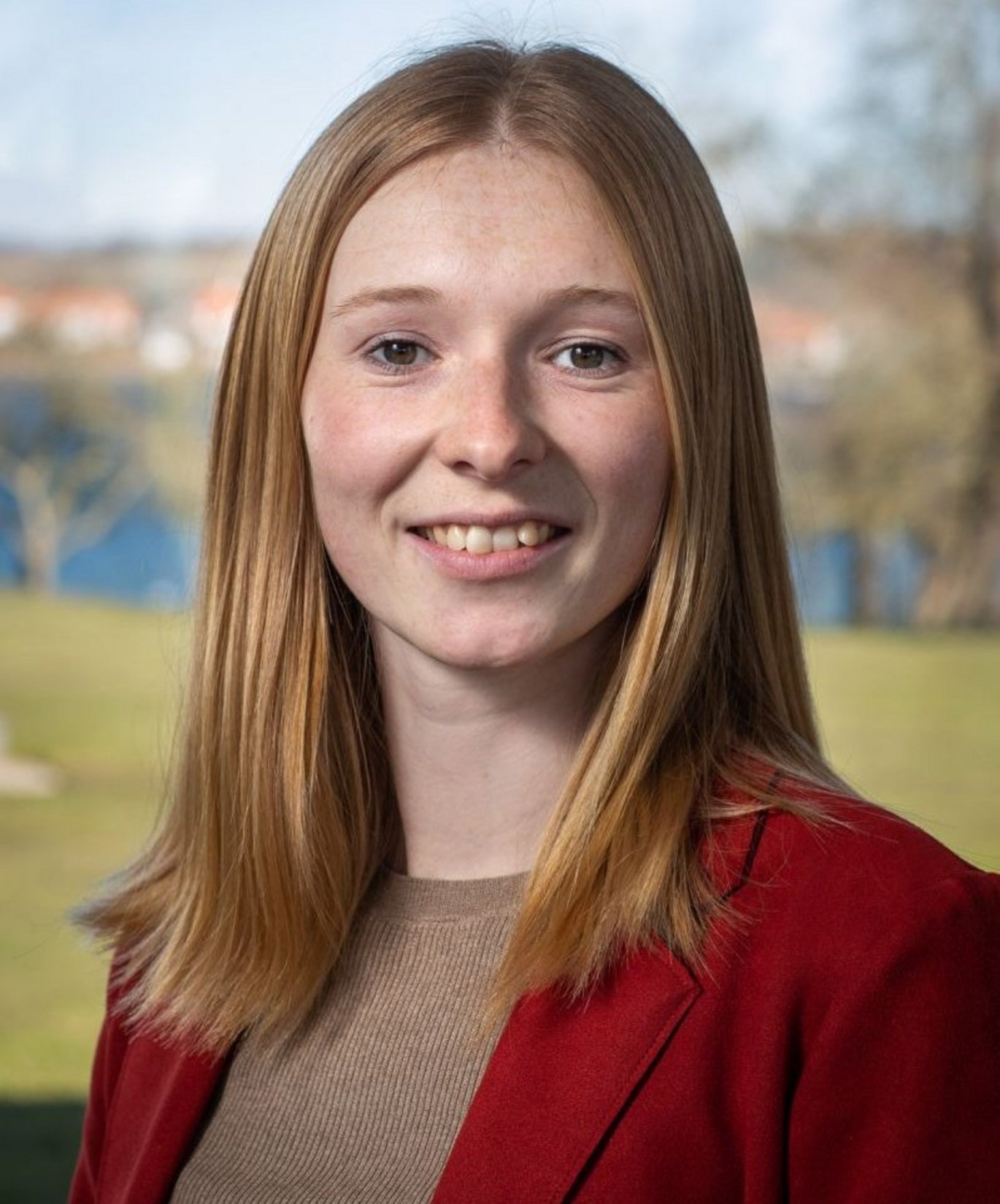“Cross-sectorial collaboration was highly valued during my PhD”
Through the study of animal models for her PhD, Sandra Hummelgaard examined what could be done to restore the capacity of the megalin receptor in the kidneys. PCSK9 inhibition can reduce proteinuria and potentially help patients with chronic kidney disease in the future.

Research in animal models can inform how to help human patients
On the 29th of February, Sandra Hummelgaard handed in her PhD dissertation from Aarhus University on PCSK9 as a new target to mitigate kidney disease. An afternoon in March, we sat down with Sandra to learn more about her project and experience with conducting her PhD:
“My team and I found that the cardiovascular risk protein PCSK9 binds to and induces downregulation of the megalin receptor in the proximal tubule of the kidneys. Megalin is an endocytic receptor that reabsorbs glomerular filtered proteins in the proximal tubule of the kidney to avoid loss of proteins in the urine.”
Proteinuria, which refers to loss of proteins in the urine, is a clinical hallmark of kidney disease that is associated with a worse disease progression. Of particular interest to this project, PCSK9 levels are increased in a patient population of kidney disease, namely in patients with nephrotic syndrome. Therefore, Sandra and her collaborators investigated PCSK9 inhibition in a rodent model of nephrotic syndrome, hypothesising that PCSK9 inhibition reduced proteinuria by restoring megalin protein levels in the kidney proximal tubule.
“Our findings showed that blockage of the PCSK9:megalin interaction using a clinically available PCSK9 inhibitor reduced proteinuria and kidney injury markers in a mouse model of nephrotic syndrome, suggesting that patients with nephrotic syndrome may benefit from PCSK9 inhibitors both by lowering plasma cholesterol levels but also by reducing proteinuria”, Sandra elaborates.
Sandra’s professional network played an important role ending up as a PhD student. Her main supervisor, Associate Professor Kathrin Weyer, offered the students at Molecular Medicine at Aarhus University the opportunity to volunteer in her research group – an opportunity that Sandra took, and it has now resulted in her writing her BA, MA-thesis and a PhD with Kathrin Weyer as her supervisor.
“A strong and diverse network has been a huge benefit to me”
An interdisciplinary network is very important according to Sandra and it is one of the aspects that she most liked about her supervisors for her PhD:
“My supervisors formed a very strong and knowledgeable team. They covered different aspects of the process. I had one supervisor who was at the university, another at a hospital, yet another at Novo Nordisk A/S, and the last is an Associate Professor who has experience from many startups. They all brought important experiences and insights to my project.”
The opportunity to connect with other PhD students was also a highlight for Sandra:
“It was inspiring to meet people who were at a similar level in their career. Writing a PhD was a great experience, but it was also intense and full of ups and downs. Having a network through DCAcademy where people had similar research interests was beneficial to me.”
This is also why Sandra really enjoyed having peer mentoring group sessions where the DCAcademy grant recipients could meet across research interests, geography, level in their career and help each other with advice or support.
In the future, these results may help patients with kidney disease:
We asked Sandra about the future, both for her and for the research she was a part of with her PhD project. Sandra recently began working at Novo Nordisk A/S in their cardiorenal department as an in vivo research scientist, so she is staying in the field.
When talking about the future of the research area, Sandra has a clear ambition for what her research may contribute with:
”The aspiration, and the goal, is that we can use these results to further investigate the use of PCSK9 inhibitors as a treatment to lower proteinuria and slow down disease progression in patients with kidney disease.”
It is her hope that future research will be conducted in this area, since the research that Sandra did for her PhD indicates that it could make a difference for human patients.
About the project:
- Began: January 2022
- Submitted: February 2024
- Supervisors:
- Kathrin Weyer, Associate Professor at Department of Biomedicine at Aarhus University
- Henrik Birn, Nephrologist and Professor at Department of Clinical Medicine at Aarhus University
- Jeppe Kirchhoff, Senior Research Scientist at Novo Nordisk A/S
- Simon Glerup, Associate Professor at Department of Biomedicine at Aarhus University and CSO at Draupnir Bio.
- Support and Funding: DCAcademy and the Augustinus Foundation.
